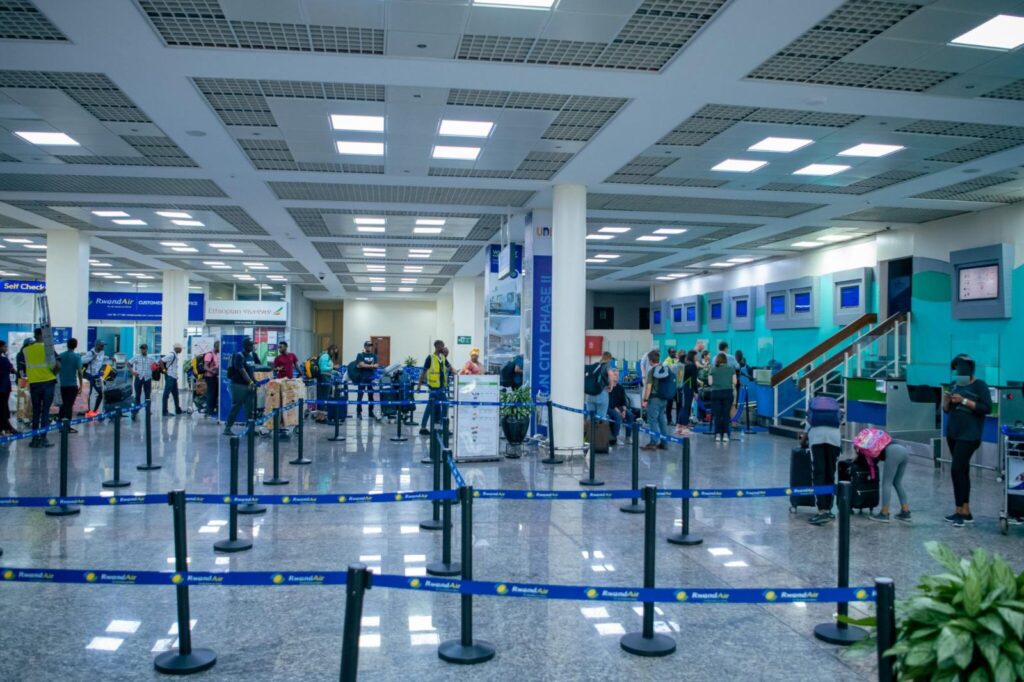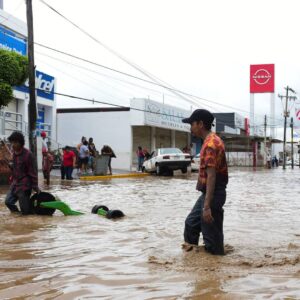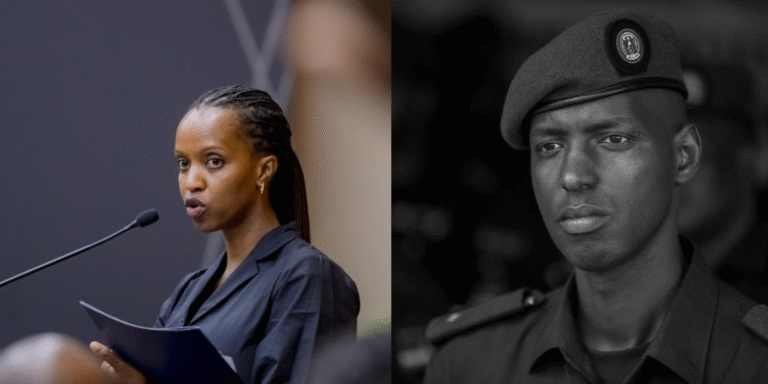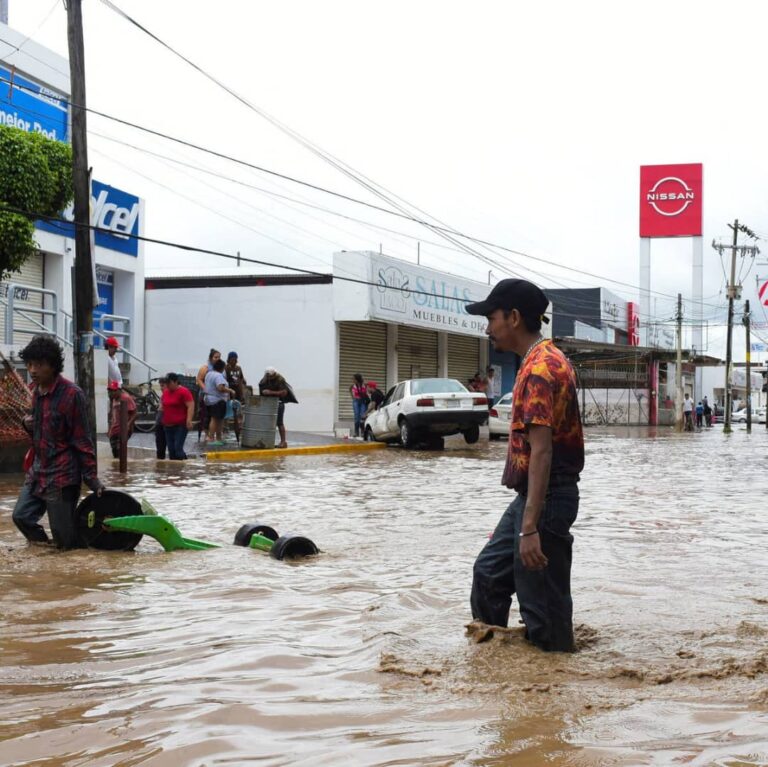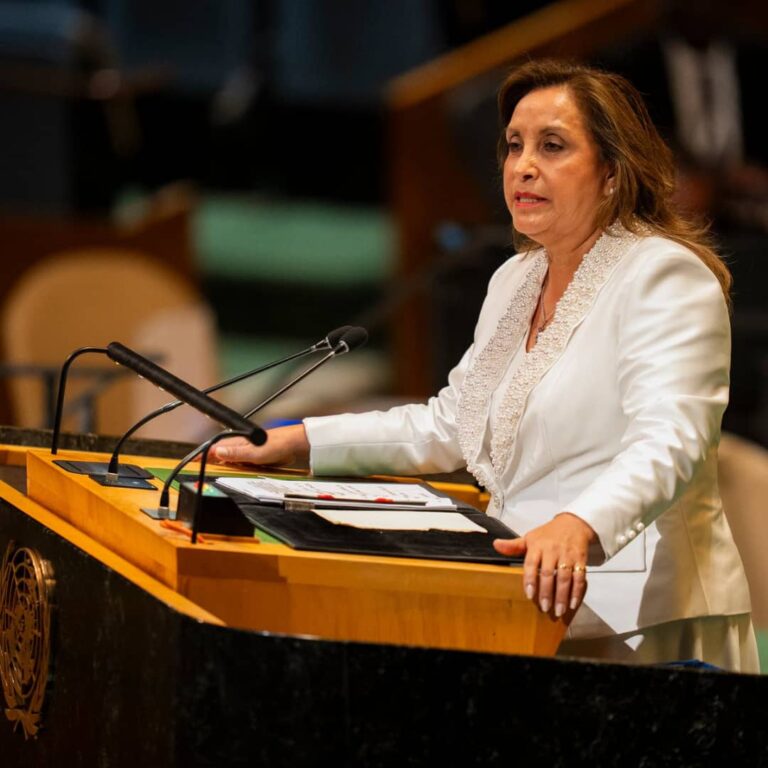As Rwanda becomes more globally connected, an increasing number of its citizens are traveling abroad for education, business, tourism, and family visits. However, behind the polished images of airport departures and university campuses lies a more complex and often stressful reality. Navigating international travel can be messy, confusing, and for many, deeply overwhelming especially for first-time travelers.
One of the initial hurdles begins with something seemingly simple: applying for and obtaining a visa or buying a plane ticket.
In Rwanda, most plane tickets are priced in US dollars even when the destination country does not use that currency. This often catches first-time travelers off guard, forcing them to deal with currency conversions and fluctuating exchange rates before they even leave the ground.
Japhet Sibomana, a Rwandan who has traveled to both South Korea and the Netherlands, explains that there is significant confusion about how to prepare for international travel.
“From the beginning, it’s stressful especially if you don’t know where to start. Imagine trying to figure out how to apply when you have no idea where to begin, where to go, or who to ask,” he says.
He adds, “Let’s say you manage to obtain a visa and find yourself in a massive airport when you’ve never flown before. You don’t know where to go, signs are in different languages, and no one explains things clearly. It’s stressful.”
Ntihinduka Elie, a student from Institut Catholique de Kabgayi who plans to fly to the Netherlands in September, shared that going abroad for the first time is often one of the most stressful experiences someone can face.
He said, “Sometimes, you don’t know where to start, what to buy, or even what a plane looks like and which ticket to book.”
He added, “I can’t forget the moment when you have to say goodbye to your family, that’s how you end up spending unplanned money.”
Even those with previous exposure to foreign cultures face challenges. Benjamin Drost, a Rwandan-Dutch student who returned to the Netherlands for higher education after growing up in Rwanda, shares his experience:
“You would think I would have it easy since I’m half Dutch and lived in the Netherlands as a child, but I had to study Dutch again just to transition smoothly. Even getting a Dutch passport was difficult despite my background. I had to re-educate myself before going back. That’s how complicated it was.”
Chanceline Iradukunda, a student at Wageningen University in the Netherlands, says she also faced some challenges, but fortunately, the university helped her obtain the visa
“You can imagine how difficult it is for people without such support to navigate the whole process.” She added.
Esperance Nyirantwari, a travel agent at Continental Sky Travel Agency in Kigali, says the lack of centralized, accessible information only adds to the difficulty. Many travelers struggle to understand the differences between visa types or the basic immigration requirements of other countries.
“Some people don’t know the difference between a tourist visa, a student visa, or other types of visas. Others don’t understand what a Schengen visa really allows. We also see people missing critical documents like health insurance or proof of financial means requirements mandatory in many countries,” she explains.
To cope with these challenges, according to the International Air Transport Association (IATA), preparing for an international flight requires travelers to thoroughly check visa requirements, ensure passport validity, and comply with health and safety regulations. IATA emphasizes the importance of understanding airline baggage rules, arriving at the airport early, and having all travel documents ready to avoid delays or denied boarding.
Additionally, the U.S. Department of State advises international travelers to research their destination’s entry requirements, including visas and vaccinations, and to register with their embassy abroad for safety. They also recommend purchasing comprehensive travel insurance and familiarizing oneself with local laws and customs before departure.
Statistics from NISR, RDB, BNR, and DGIE show that between 2019 and 2024, the number of Rwandans traveling abroad increased significantly from just over 61,000 in 2019 to more than 92,000 in 2024. Top destinations include Belgium, Canada, the Netherlands, the United States, and China. To support this demand, over 300 licensed travel agencies now operate across the country.



